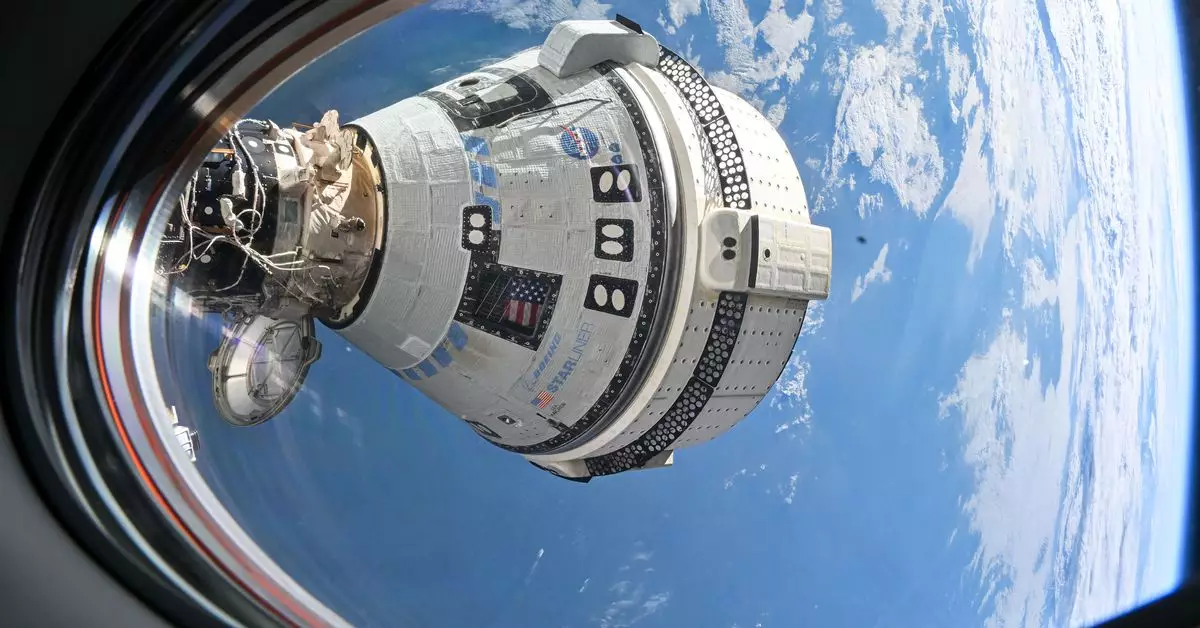In the wake of significant challenges, Boeing is at a crossroads as it navigates complex issues affecting its operations and reputation. Under new leadership with CEO Kelly Ortberg, who stepped in last August, the aerospace giant is exploring potential divestitures in its space division. Reports suggest that this evaluation is still in its infancy, but it hints at a strategic pivot focusing on core operations while reevaluating non-essential projects. Ortberg’s remarks during a recent earnings call reflect a broader introspective approach, emphasizing the need to streamline Boeing’s efforts, particularly amid pervasive difficulties that have plagued the company in recent years.
Boeing’s predicament is underscored by various setbacks, some stemming from ongoing litigation and technical failures. The shadow of the fraud charges connected to the 737 Max tragedies looms large, significantly affecting public trust and regulatory scrutiny. Adding to this burden is the prolonged delay experienced by astronauts aboard the International Space Station due to complications with the Starliner spacecraft, raising concerns about reliability and safety. Recent technical failures, including the alarming breakdown of an Intelsat satellite, have further marred the company’s reputation. With a staggering $6.17 billion loss reported in the latest quarter and a projected financial drought extending into 2025, the pressure is mounting on Ortberg to effectuate meaningful change.
Ortberg’s strategy appears to embrace a “less is more” philosophy. By stating, “We’re better off doing less and doing it better,” he articulates a path toward operational efficiency. The intent seems clear: fortify Boeing’s foundations in commercial airplanes and defense systems while determining which other facets of the business can be offloaded without jeopardizing future growth prospects. This restructuring remains inherently risky, particularly in maintaining investor confidence while attempting to rectify past mistakes.
Future Prospects and Strategic Decisions
While considering the sale of the space division and its related projects, which may include the Starliner, Boeing seems poised to retain control over critical initiatives like the Space Launch System (SLS). The SLS program remains vital for NASA’s lunar missions yet brings with it its own set of logistical and technical challenges. Maintaining the commercial and military satellite business could also be pivotal for Boeing’s long-term viability, providing continuity and relevance in the competitive aerospace industry.
As Boeing’s leadership contemplates transformative changes, the road ahead is riddled with uncertainties, not just financially but also regarding public perception and trust. Ortberg’s immediate challenge will be balancing the need for revitalization with the accountability demanded by stakeholders, all while steering Boeing back toward stability in a sector characterized by rapid evolution and fierce competition.


Leave a Reply